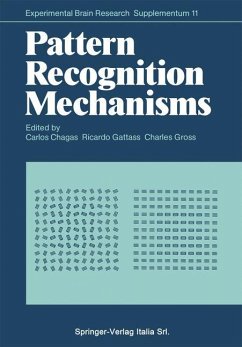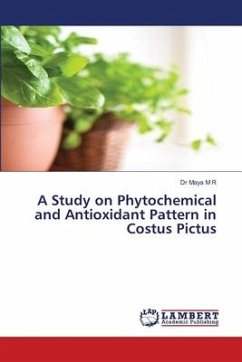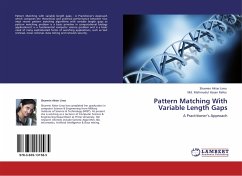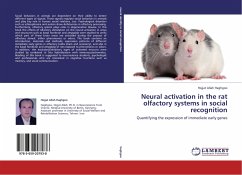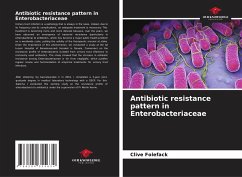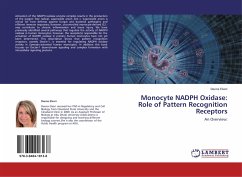
Monocyte NADPH Oxidase: Role of Pattern Recognition Receptors
An Overview:
Versandkostenfrei!
Versandfertig in 6-10 Tagen
32,99 €
inkl. MwSt.

PAYBACK Punkte
16 °P sammeln!
Activation of the NADPH oxidase enzyme complex results in the production of the oxygen free radical, superoxide anion (O2.-). Superoxide anion is critical for host defense against fungal and bacterial pathogens and efficient immune responses; however, uncontrolled monocyte-derived O2.- may contribute to chronic inflammation and tissue injury. We have previously identified several pathways that regulate the activity of NADPH oxidase in human monocytes; however, the receptor(s) responsible for the activation of NADPH oxidase in primary human monocytes have not yet been determined. This dissertat...
Activation of the NADPH oxidase enzyme complex results in the production of the oxygen free radical, superoxide anion (O2.-). Superoxide anion is critical for host defense against fungal and bacterial pathogens and efficient immune responses; however, uncontrolled monocyte-derived O2.- may contribute to chronic inflammation and tissue injury. We have previously identified several pathways that regulate the activity of NADPH oxidase in human monocytes; however, the receptor(s) responsible for the activation of NADPH oxidase in primary human monocytes have not yet been determined. This dissertation shows that pattern recognition receptors, namely Dectin-1, is essential for regulating NADPH oxidase activity in Zymosan-activated human monocytes. In addition this book focuses on Dectin-1 downstream signaling and complex formation with intracellular signaling proteins.



